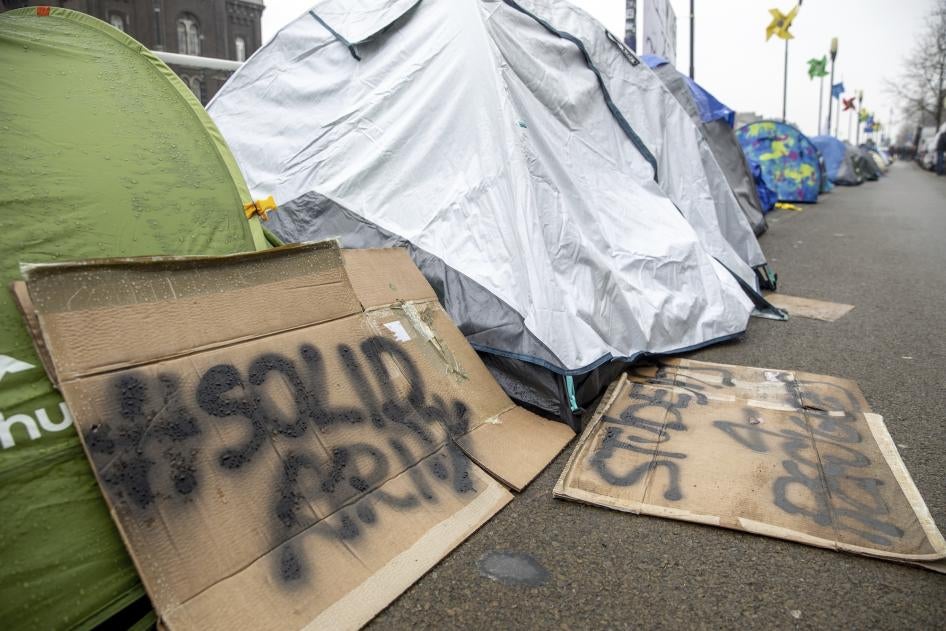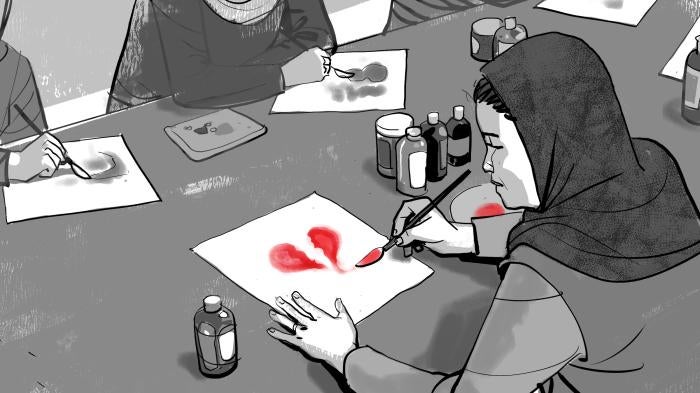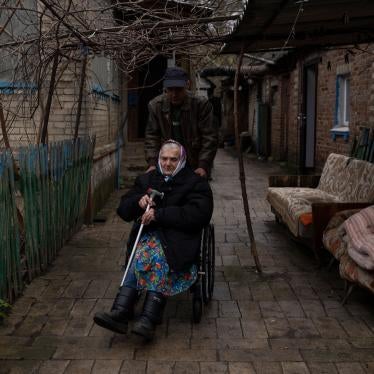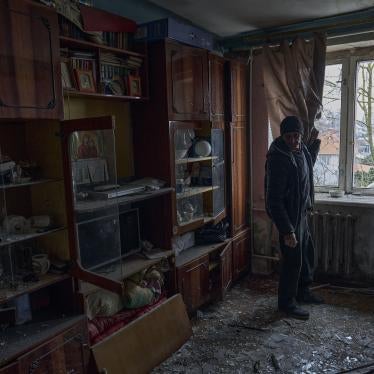“When I try to sleep, war memories come to my mind and my body starts shaking,” a 62-year-old man told Human Rights Watch researchers eight years after surviving a suicide bombing in Kabul in 2011. “Everything gets dark and I lose consciousness.” His trauma is the trauma of many.
It’s unsurprising that the global prevalence of mental health conditions in conflict-affected populations is as high as 22.1 percent. In Afghanistan, for example, approximately 4,460,000 people, including children, are in need of mental health and psychosocial support.
Those who manage to flee and reach Europe, more often than not find little to no relief when many of the receiving countries actually violate their basic rights. Some are “dumped on the streets without any guidance,” while others remain trapped in processing centers and other facilities. A 16-year-old boy, who in 2016 managed to reach the Greek island of Lesbos after fleeing Afghanistan, told Human Rights Watch: “I’ve been here for 10 months and I am worried about what will happen…. I am not well mentally because I live in insecurity.”
In many EU member states, access to services is dependent on successful refugee status determination. Until then, asylum seekers may not be able to get housing, education, or jobs and can also face significant barriers to receiving psychosocial support. In France, for instance, asylum seekers are not legally eligible for full health coverage during their first few months in the country, which could lead to a further deterioration of their mental health.
But there are feasible solutions. Last March, in response to Russia’s full-scale invasion of Ukraine, the European Union activated the Temporary Protection Directive, which, among other things, ensures access to psychosocial assistance for children and victims of human trafficking.
The Temporary Protection Directive is available to displaced Ukrainian nationals, as well as stateless people and third country nationals who had protection in Ukraine before the Russian invasion and can’t return to their country. By the end of 2022, 4 million people fleeing Ukraine had temporary protection in the EU+.
Further, in July 2022, to specifically tackle the mental health consequences of Russia’s war against Ukraine, the European Commission extended to Ukraine access to funding under the EU4Health programme, which includes mental health support.
The implementation of the Temporary Protection Directive has not been without problems and many among those fleeing the conflict in Ukraine faced serious obstacles in accessing their rights. Nevertheless, the solidarity the European Union and its member states offered on this occasion should become a precedent for the path forward, not a double standard leading to unequal treatment for asylum seekers from other countries.
Now extended until March 2024, the Temporary Protection Directive shows that where there’s political will, there’s a way. It shows that the EU can come together to uphold human rights. The EU has also demonstrated that asylum seekers’ mental health crisis is no longer so silent. On World Mental Health Day, October 10, the European commissioner for health and food safety called for more action to ensure access to quality mental health services and long-term support for all migrants and refugees.
Whether it’s through new temporary protection instruments or the future provisions of the New Pact on Migration and Asylum, which the European Commission initiated in 2020 and is currently under negotiation, EU member states should ensure that asylum is managed in a compassionate way for all, regardless of race, ethnicity, or nationality. The European Commission has said it will listen, and it should listen equally to Ukrainian, Afghan, and other asylum seekers, especially their mental health needs.
Adequate psychosocial support should be delivered through community-based mental health services, including peer support, and should uphold people’s autonomy and dignity. People fleeing persecution, war, and violence need to be supported by professionals with expertise in conflict-related trauma and relevant cultural competence and language skills. Children should have access to child psychologists and specialist support services. Mental health care should be complemented with social services, and access to humane shelter, education, and employment.
While the EU and its member states should continue welcoming those fleeing Ukraine, they should recognize the trauma experienced by all asylum seekers and eliminate reception conditions that cause further psychological harm. At a minimum, they should ensure that rights-respecting, accessible, and quality mental health care is promptly available for all.











